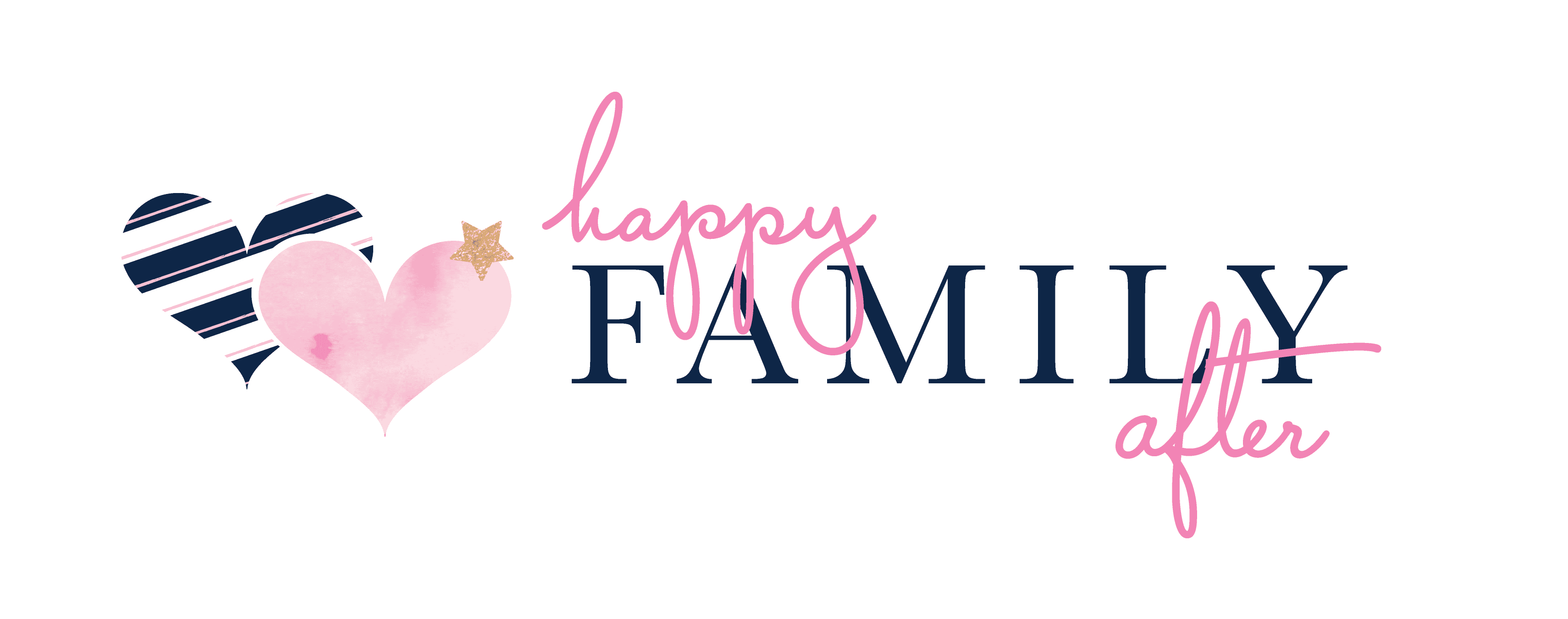Cut Yourself Some Slack
“Serial killers excepted, we are all doing a lot better than we would probably rate ourselves.” —Devon Clement
People are often harder on themselves than they are on other people due to a variety of factors:
- Self-awareness: People are often more aware of their own weaknesses, flaws, and mistakes than those of others. They may be more critical of themselves because they have a greater understanding of their own limitations and shortcomings.
- Personal standards: People often hold themselves to higher standards than they hold others. They may have a specific idea of how they should behave or perform, and if they fall short of those expectations, they may be harsh on themselves.
- Social comparison: People often compare themselves to others and may feel like they are not measuring up. They may perceive others as having it easier or being more successful, leading to feelings of inadequacy and self-criticism.
- Internal dialogue: People’s internal dialogue, or self-talk, can be harsh and critical, reinforcing negative beliefs and self-doubt. This internal dialogue can be more intense than the way they communicate with others.
- Fear of judgment: People may be afraid of being judged by others and may feel like they need to be perfect to avoid criticism. This fear can lead to self-criticism and a focus on flaws and mistakes.
Overall, people are often harder on themselves than they are on other people because of a combination of self-awareness, personal standards, social comparison, internal dialogue, and fear of judgment. By recognizing these factors, people can work on developing self-compassion and a more positive self-image.
